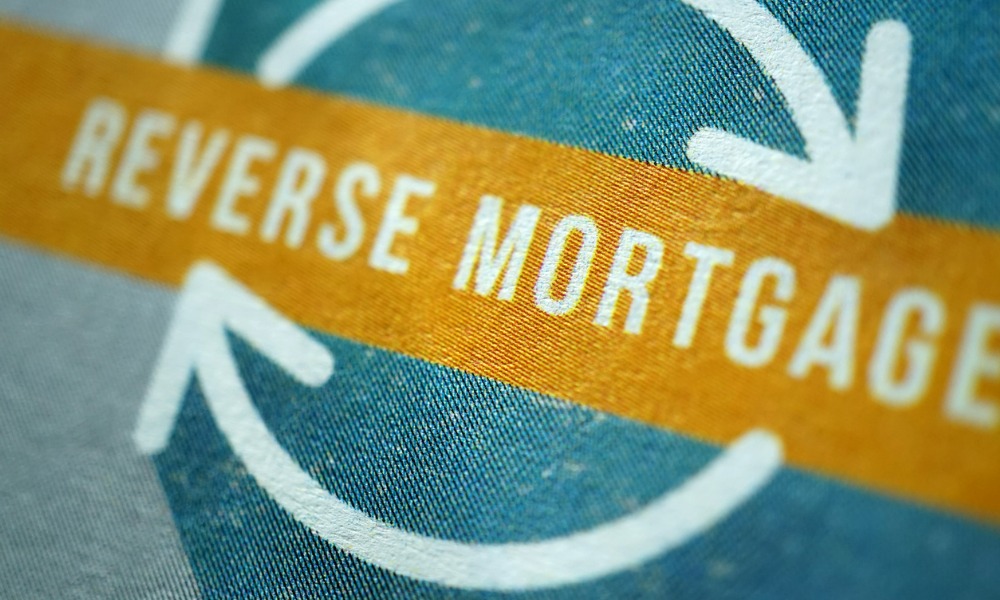But many are still unfamiliar with its benefits

Reverse mortgages are viewed favorably by homeowners familiar with the concept, according to a new study by WSFS Mortgage.
The study, which surveyed 750 homeowners aged 60 and over, found that 79% of those familiar with the concept believe it could enable them to remain in their homes for a longer duration, while 76% see it as a method to enhance cash flow during retirement.
Additionally, 62% view reverse mortgages as a means to gain greater financial freedom in retirement, with 61% recognizing its utility in covering substantial expenses such as long-term care.
Jeffrey M. Ruben, president of WSFS Mortgage, noted the changing perspective towards reverse mortgages, especially with how financial advisors are now incorporating housing wealth in retirement income planning.
“A reverse mortgage could be a good option for those seeking to strengthen their cash flow in retirement,” he said.
Many still unaware of reverse mortgages
While survey results indicate a positive reception towards reverse mortgages, the study also identified a knowledge gap regarding the benefits of such loans.
According to the study, 31% of those surveyed admitted that they do not know much about reverse mortgages. This contrasts with their familiarity with other financial products like credit cards (65%) and traditional mortgages (65%).
Jamie P. Hopkins, director of private wealth management at Bryn Mawr Trust, said the knowledge gap is unsurprising considering that reverse mortgage is an option reserved for older Americans.
“While we get hands-on experience with other borrowing techniques like student loans, credit cards, and traditional mortgages as we move through life, we don’t get the same hands-on experience with reverse mortgages,” he said.
How can it help homeowners?
To understand the benefits of reverse mortgages, Ruben urged homeowners to do research on the basics of the concept, including eligibility requirements and payment conditions.
He said a reverse mortgage could be used eliminate existing monthly mortgage payments to provide additional cash flow. It could also be a good option for homeowners looking to downsize and supplement their retirement savings.
“Your financial advisor and lender can help answer any questions you have and dispel the stigma of reverse mortgages being a ‘last resort,’” Ruben added. “They will also be able to evaluate if one is right for your situation and help weigh the pros and cons.”
Hopkins also elaborated on the strategic use of home equity in retirement to support cash flow, cover long-term care costs, and provide retirement income, among other benefits.
“Cash flow from a reverse mortgage can be an alternative source to a traditional investment portfolio,” he said. “It can help cover things like long-term care, provide retirement income, cash flow management, and tax planning benefits.”
“A reverse mortgage isn’t earned income so it is not taxable, but you will need to stay current on your property taxes and insurance. It is vital to work closely with your financial advisor to determine if a reverse mortgage is a fit for you.”
Survey respondents acknowledged the benefits of reverse mortgages in retirement planning, with 29% saying that they are open to incorporating them into their own strategy.
Meanwhile, the primary motivators for those considering a reverse mortgage include funding home improvements (32%), augmenting regular income (32%), and assisting with daily living costs (30%).
What are your thoughts on reverse mortgages and how it can benefit homeowners? Feel free to comment below.



